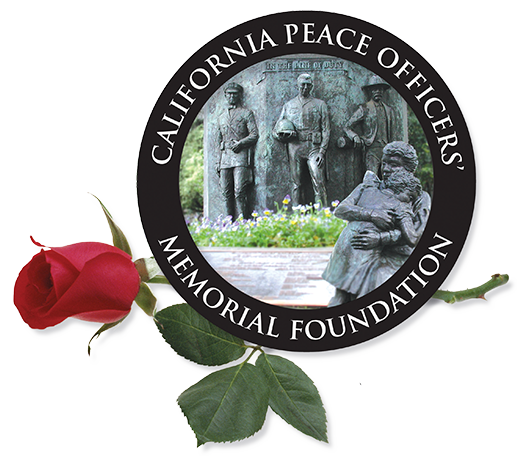Shot near the heart, off-duty Los Angeles Police Dept. homicide Detective Russell Kuster fired seven times and killed a man who threatened patrons in a Universal City restaurant and then died himself Oct. 9, 1990.
Kuster, 50, had once booked the gunman, Bela Istvan Marko, 37, on suspicion of murder in another shootout, but it was unclear if the detective recognized him during the incident at the Hilltop Hungarian Restaurant.
Police said Marko had an argument with the restaurant owner, who told him to leave. Marko, a twice-convicted illegal Hungarian immigrant, got a 9mm semiautomatic pistol from a rented Mercedes-Benz and returned to the restaurant where he flashed its laser beam sights at patrons of the cocktail lounge, police said. When Kuster identified himself as an officer and ordered Marko to put down his gun, Marko fired at Kuster, hitting him four times, police said. Falling to the floor, Kuster fired back, hitting Marko in and the head.
“You’ve got an experienced police detective with 24 1/2 years experience, very close to retirement, who did a very brave thing,” said Capt. Rick Dinse, Hollywood Division commander. “Who knows if he didn’t sacrifice his life for the other people in the bar.”
Kuster, a 24-year LAPD veteran assigned to Hollywood Division, was pronounced dead at St. Joseph Medical Center in Burbank about an hour after the shooting, police said.
Police officers wore black elastic bands across their badges. and flags throughout Los Angeles flew at half-mast to honor Kuster.
Kuster, who lives near the restaurant, was there with a neighbor, “enjoying himself and suddenly called to duty that quickly . . . risking his life over nothing, just nothing,” Police Chief Daryl F Gates said at a news conference. It’s particularly tragic because here’s a man who’s been dealing with murderers for the last 18 years,” Gates said. “So he’s faced danger day in, day out.”
As an off-duty officer, Kuster was under no obligation to intercede, Gates said. “But when you get into a situation like that, there isn’t any choice. There might be something some would do to try to get out of there quickly. But not a man like Kuster,” he said. “If you have your heart blown apart you’ve got six seconds to react, and certainly, within those six seconds, he did indeed react.”
Gates described Kuster, a homicide detective for 18 years who worked the John Belushi drug overdose death, as a “consummate police officer,” a “very, very fine detective and a very fine man.”
Kuster’s success at solving murders and training other detectives earned him the respect of officers throughout the department. “Before I ever went to the Hollywood bureau, Russ was known to me by reputation,” said Lt. Bob Ruchhoft, Kuster’s commanding officer since February. “He produced the best detectives in town.”
Kuster is survived by his wife, Sue, his parents, two brothers, and a sister. Kuster was born in Kentucky, moved to Dilisboro, Ind., and graduated from Indiana University. He served in the U.S. Marines from 1958-61 and then joined the Ventura County Sheriff’s Department. He entered the Los Angeles Police Academy in 1966.
In 1985, Gates sent a letter to Kuster commending him for the Hollywood homicide division’s 93 percent clearance rate, saying he was “impressed with the morale, dedication, and accomplishments” of his unit. Kuster also helped develop a homicide information, tracking, and management computer program, known as HITMAN. The program earned nationwide acclaim and was adopted department-wide.
